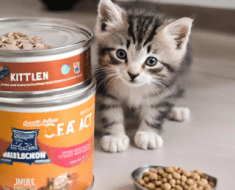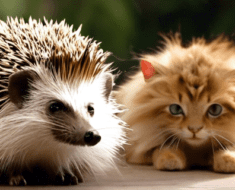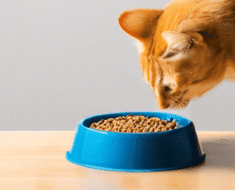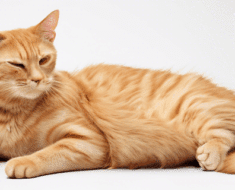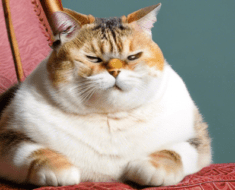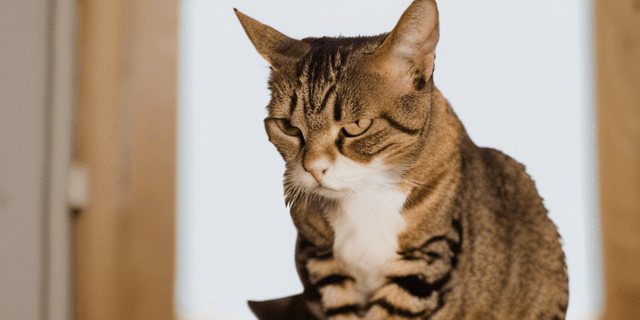 Fortunately, there are steps you can take to help your constipated cat find relief. We will discuss how you can alleviate your cat’s constipation and promote their overall digestive health.
Fortunately, there are steps you can take to help your constipated cat find relief. We will discuss how you can alleviate your cat’s constipation and promote their overall digestive health.
Understanding Cat Constipation
Understanding Cat Constipation:
Constipation in cats can be a common problem that pet owners may encounter. Cats tend to be fastidious groomers, and occasionally this can lead to the ingestion of large amounts of hair, resulting in constipation. Other potential causes of constipation in cats include low fiber diets, dehydration, a lack of exercise, or underlying medical conditions such as intestinal blockages or infections.
Causes of Constipation:
One of the main causes of constipation in cats is inadequate water intake. Cats that do not drink enough water are at higher risk for developing constipation. Additionally, a diet lacking in fiber can contribute to constipation as fiber aids in the proper movement of stool through the digestive tract. Lack of exercise can also lead to a sluggish bowel movement. Medical conditions like tumors, kidney disease, or pelvic fractures can cause blockages or impede normal bowel movements.
Symptoms of Constipation:
It’s important to recognize the symptoms of constipation in cats. Watch out for infrequent or small, dry, and hard stools, straining in the litter box, loss of appetite, lethargy, and vomiting. Some cats may also display signs of discomfort or pain while attempting to defecate. Seek veterinary attention if your cat is experiencing constipation for more than a day or if they are exhibiting severe symptoms.
Improving Your Cat’s Diet
To help improve your constipated cat’s diet, there are a few simple steps you can take. Firstly, increase water intake. Cats often don’t drink enough water, leading to dehydration and constipation. Ensure your cat has access to clean, fresh water at all times and consider using a water fountain, as some cats prefer flowing water. Secondly, include high fiber foods in your cat’s diet. Fiber helps to soften stools and promote regular bowel movements. Look for cat food that contains natural sources of fiber, such as pumpkin, psyllium husk, or oat bran. Alternatively, you can add a small amount of plain canned pumpkin (not pumpkin pie filling) to your cat’s meals. In addition to increasing water intake and incorporating high fiber foods, it’s important to monitor your cat’s weight and exercise regimen. Overweight cats are more prone to constipation, so ensure your cat remains at a healthy weight through portion control and regular physical activity. Lastly, if your cat’s constipation persists or worsens, it’s crucial to seek veterinary advice. A veterinarian can provide further recommendations and prescribe appropriate treatments if necessary, ensuring your cat’s constipation is properly managed.Home Remedies For Constipation
Constipation in cats can be distressing, but there are home remedies you can try to relieve it. Pumpkin puree is a natural source of fiber that can help with digestion. You can mix a small amount into your cat’s food to encourage regular bowel movements. Another effective remedy is olive oil, which can lubricate the digestive system. Just add a small teaspoon to your cat’s food to help ease constipation. Remember to consult your veterinarian before trying any home remedies and to ensure your cat is getting the right treatment. Always watch for any signs of discomfort or complications and seek professional help if needed.Behavioral And Environmental Changes
Encourage exercise through interactive toys and playtime. Offer varied litter box options for comfort. Ensure easy access to the litter box and keep it clean for regular use.When To Seek Veterinary Help
If your cat is showing signs of constipation, such as straining or not using the litter box, it’s important to seek veterinary help. Look for changes in behavior or appetite to determine if your cat needs medical attention. Offering more water and diet changes can also assist in alleviating constipation.| When to Seek Veterinary Help |
| Signs of Severe Constipation: |
| – Lethargy and lack of appetite |
| – Frequent vomiting or gagging |
| – Straining while attempting to defecate |
| – Hard, dry stools or no stool production |
| Medical Treatments: |
| – Laxatives prescribed by a veterinarian |
| – Enemas to alleviate constipation |
| – Dietary changes to promote regular bowel movements |
